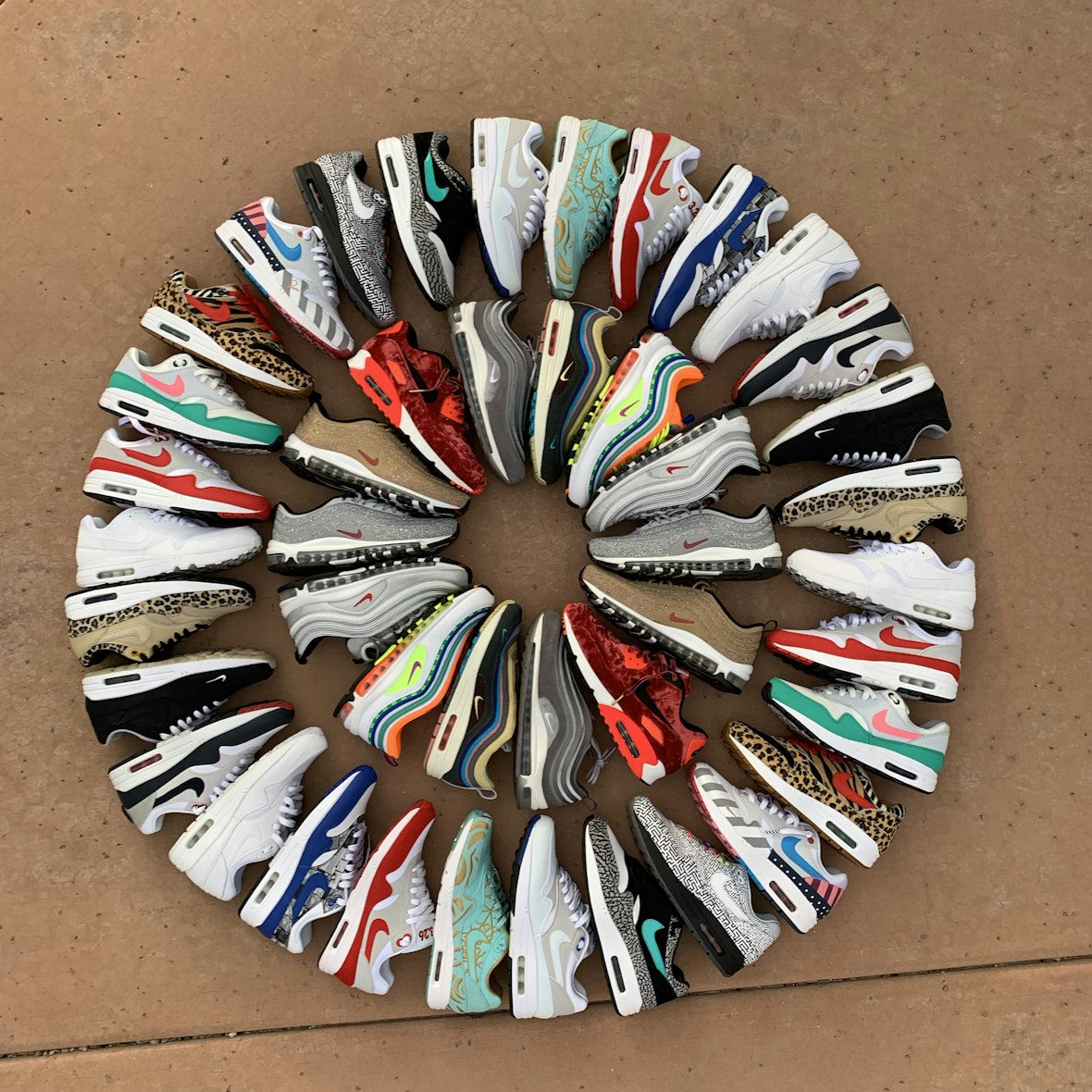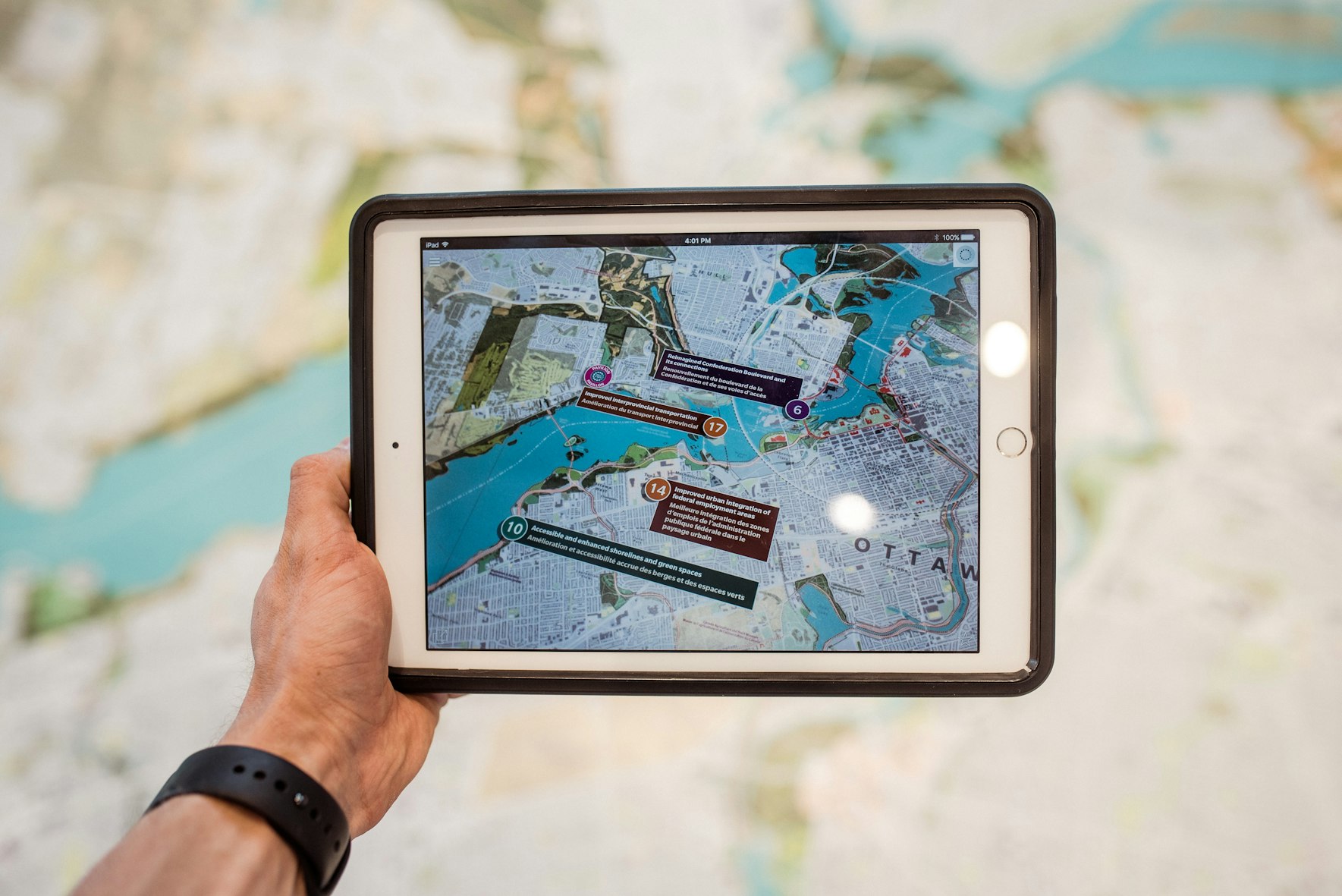The U.S. chemical company Dow and the Singapore government promised to turn the rubber of old shoes into playground and running track surfaces in 2021.
However, this wasn’t the case of 11 pairs of sneakers in which a team of Reuters reporters hid tracking devices. After tossing the shoes into the program's recycling garbage cans across Singapore, Reuters tracked most of the shoes to secondhand markets or remote locations in Indonesia. The news service hid Bluetooth trackers in the inner soles of the shoes and then tracked the shoes for months using a smartphone app that showed their movements in real-time.
As Reuters reports, they wanted to test whether Dow's program was meeting its stated goals, since the major plastics maker had failed to deliver on previous recycling promises. Environmental groups accuse chemical companies like Dow of making false promises about recycling plastics to convince the public that the throwaway culture is sustainable and to fend off stricter regulations on products like single-use plastic packaging.
Reuters' App Tracking to Recover Sneakers
By using the smartphone app, Reuters journalists were able to track the path of each shoe and later traveled by air, land, and sea to recover three pairs - including the blue Nikes - from crowded bazaars in Indonesia's capital, Jakarta, and in Batam, which is 12 miles (19.3 kilometers) south of Singapore.
Four pairs ended up in locations in Indonesia too remote for Reuters to track down in person. In three other cases, the tracking devices stopped sending a signal after they reached Indonesia.
The 11th pair remains in Singapore, but its fate does not match what Dow and Sport Singapore had promised in media releases and a promotional video posted online. Those shoes - a pair of white Reeboks for men - ended up in a public housing project about 1.6 kilometers from a community sports center, where Reuters had dropped them in a donation garbage can on Sept. 8.
According to the app, the tracker is still flashing at that location, suggesting the shoes may have been stolen from the donation garbage can. Reuters visited the housing project but was unable to locate the exact location of the shoes.
After Reuters was presented with the findings earlier this year, Dow said on January 18 that it had launched an investigation with Sport Singapore, a government agency, and other sponsors of the program: French-owned sporting goods retailer Decathlon ; banking giant Standard Chartered plc; ALBA W&H Smart City Pte. Ltd (Alba- WH), a local waste management company; and B.T. Sports Pte Ltd, a Singaporean company responsible for shredding the donated shoes at a local facility.
Dow’s Recycling Promises
Dow makes silicone rubber and plastic used in the soles and midsoles of athletic shoes. The multinational company and Sport Singapore said in their 2021 media releases that their "first-of-its-kind program" would save 170,000 pairs of shoes from landfills annually. The program partners did not respond to questions about what would happen to those shoes or how many would be recycled to make sports flooring.
Under the slogan "Others see an old shoe. We see the future," they called on the public to donate used shoes with rubberized soles to help save incinerators and Singapore's only landfill. Across the city-state of 5.6 million people, dozens of garbage cans were set up for donations. These bins were located in parks, community centers, schools, and in the stores of retail sponsor Decathlon. Singaporeans began dropping off thousands of used sneakers, flip-flops, and school shoes.
Is Your Company Interested in Traceability Solutions? CommonShare offers one of the most advanced traceability solutions on the market, with material and order level traceability.
With CommonShare’s traceability system, you can not only map and manage sustainability and quality claims, but you can also track and verify them. Learn more here and book a demo.

